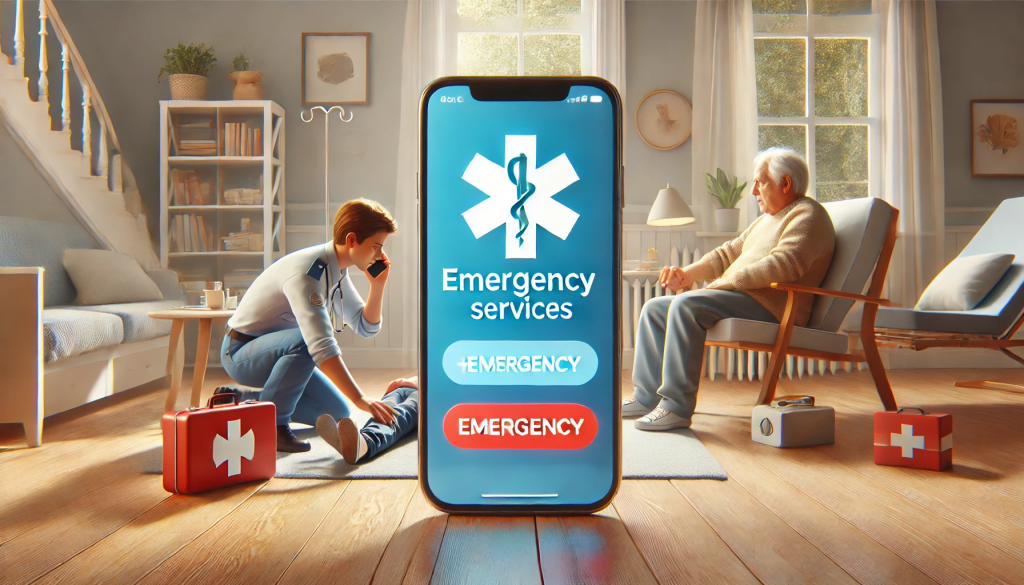Posted inOther
Russia Claims to Have Developed a Cancer Vaccine: A Scientific Breakthrough or Political PR?
Recent announcements from the Russian government about the development of a cancer vaccine have stirred discussions both in the scientific community and among the general public. According to official statements, the vaccine is expected to enter mass production by early 2025, which authorities have described as a "discovery of the century." However, amid these ambitious claims, skepticism grows internationally. What…









